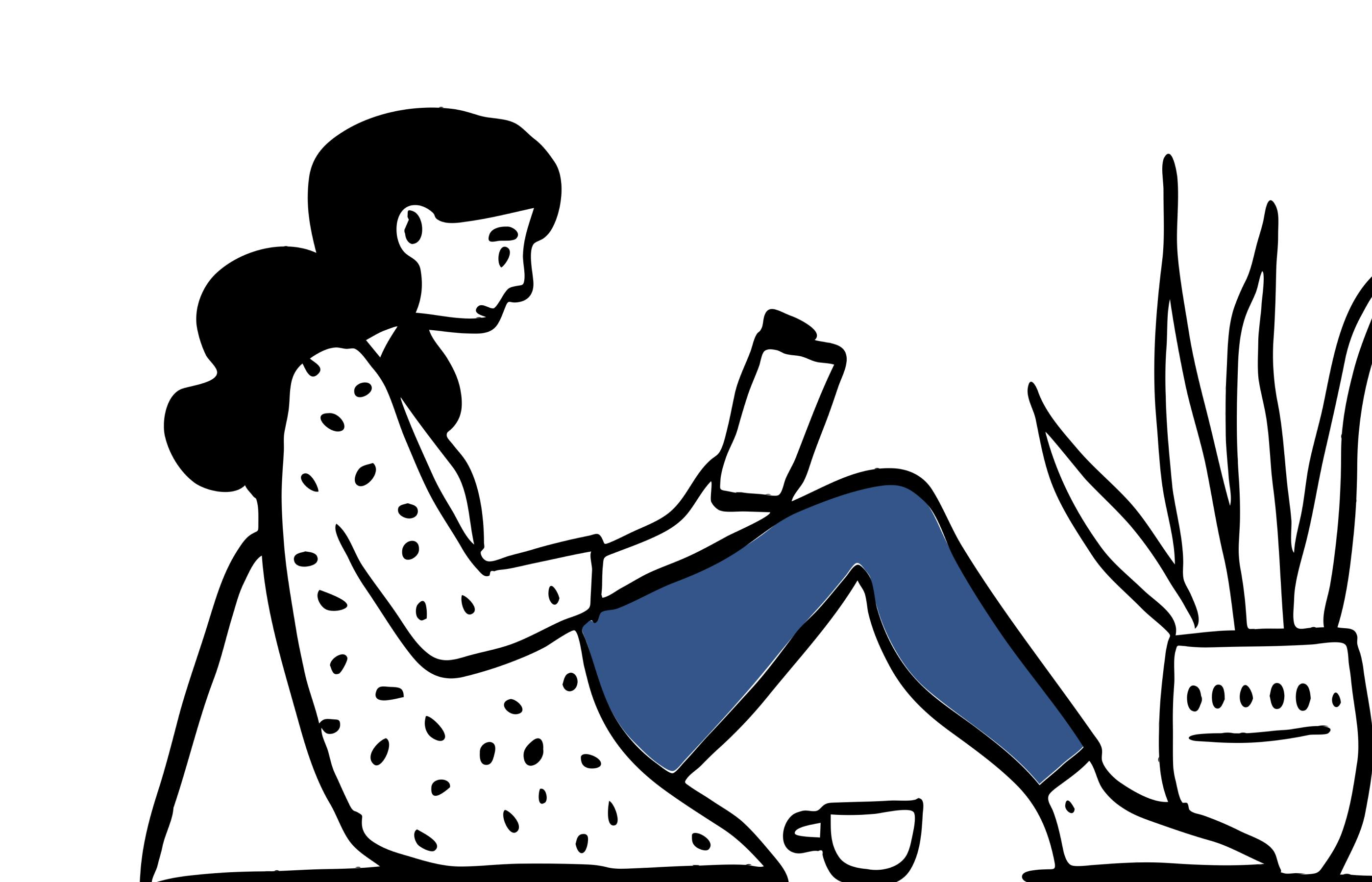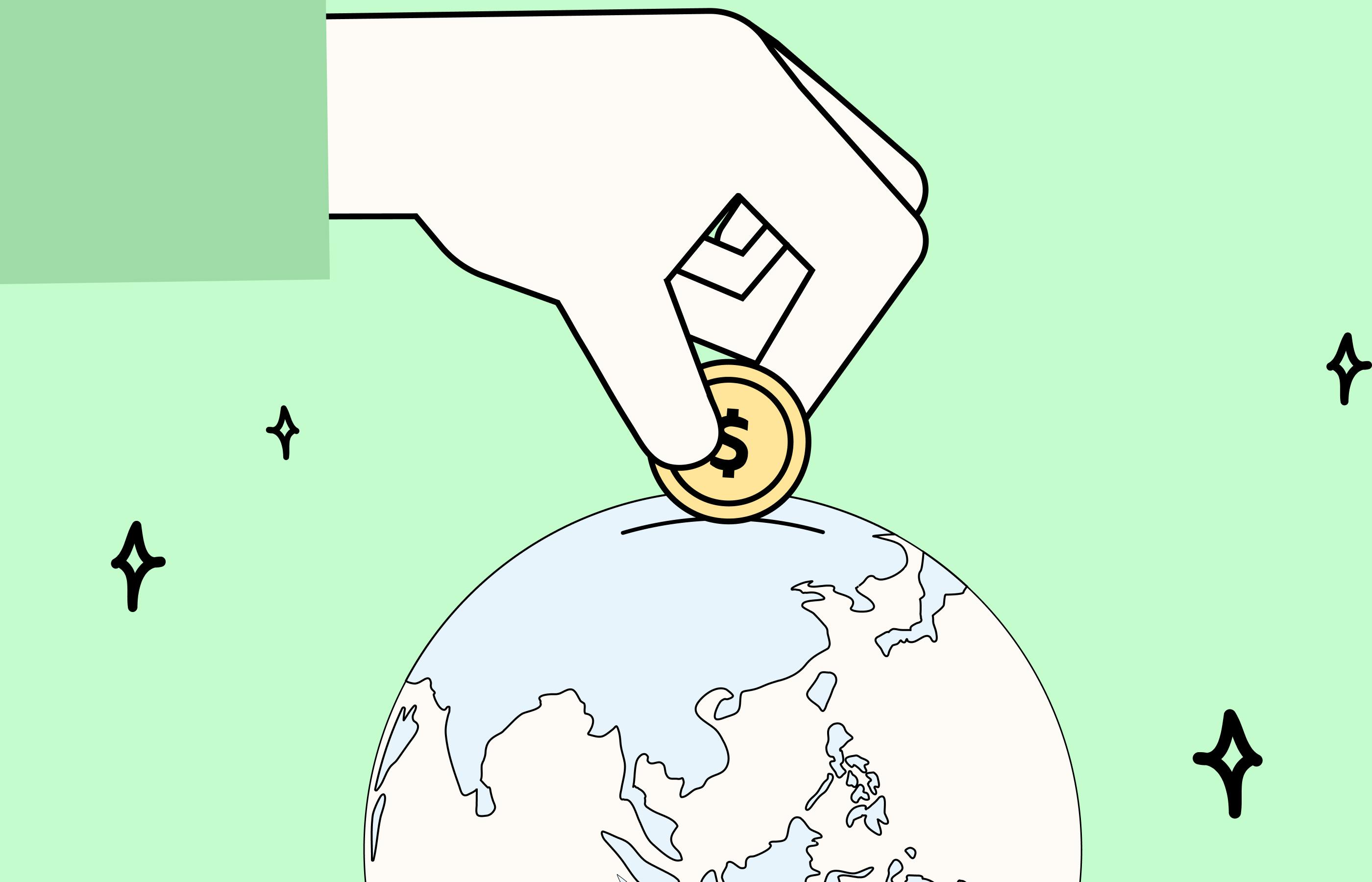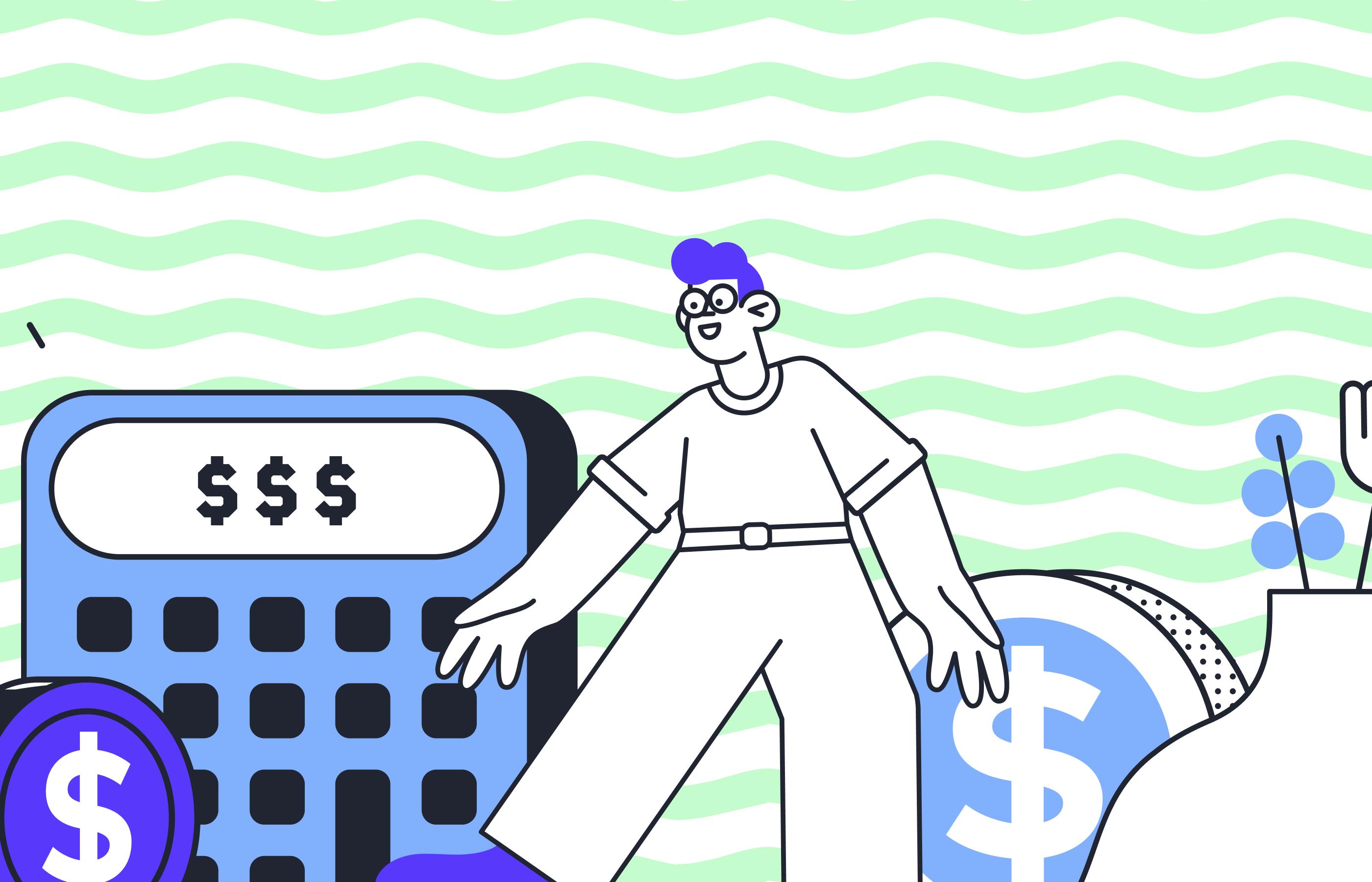5 ways to be more ethical with your money
Every time we tap our bankcard, we’re casting a vote about the sort of world we want to live in. So how do you make your money count? We have a few ideas.

The idea behind ethical spending is simple: where we put our money matters.
Every time we tap our bankcard, we’re casting a vote about the sort of world we want to live in. It’s handy to think of our spending as a form of daily activism. When we support the businesses and institutions that do right by people and the planet, we help them stick around. And when we take our money away from the companies or products that pollute and exploit, we make it harder for them to operate.
If spending ethically is something that’s been on your mind lately, you’re not alone. Between the climate crisis and the pandemic, right now more Australians than ever are aiming to be ethical consumers.
So how can we all use our spending power for good? To get you started, here’s five ways your money can make a positive impact.
Support small business
Ethical spending starts with those everyday purchases: groceries, coffees, food and essentials.
When we buy our bread from a family-run bakery instead of a major chain, for instance, we’re keeping that money in our community. It lets a local make their living, instead of helping a big corporation get bigger.
Shopping with small businesses also means we can avoid handing money to companies like Amazon, who have been widely criticised for dodging tax and failing to provide safe working conditions for its staff. Even here in Australia, our major supermarkets have historically supported the gambling and liquor industries, often with little regard for acting ethically.
It’s an easy switch to get our essential items from small businesses. And it just feels better to support the little guy than a big multi-national.
Avoid fast fashion
Did you know that fashion is one of the world’s largest industrial polluters?
Part of the problem is the sheer volume of clothing the industry creates. ‘Fast fashion’ -- the cheap clothes manufactured in factories and sold en masse at retailers like H&M, then tossed out at the end of each season-- creates landfill that puts serious strain on our planet.
So to build a more eco-friendly wardrobe, shop selectively. Buy vintage and second hand where you can. Invest in a few quality items that will last instead of lots of the cheap stuff. And to reduce your carbon footprint, go for locally made garments instead of ordering clothes that have to be shipped here from overseas. Or just buy less, full stop.
Go for green groceries
Globally we produce around 300 million tonnes of plastic waste each year, most of which ends up in landfill or makes its way into our oceans.
Luckily, a few simple swaps can help us avoid a lot of that polluting plastic. At the supermarket, look for products that avoid unnecessary packaging. Stock your kitchen with reusable items like beeswax wrap instead of cling wrap, and invest in quality containers over disposable takeaway boxes. Drink your coffee from a keep cup, carry a refillable water bottle and bring reusable carry bags with you when you shop.
Another way to go green with your groceries is to shop local. When we buy from local growers and producers -- at farmers’ markets, for instance -- it means our food has had a relatively short ‘field to fork’ journey, reducing its carbon footprint. As an added bonus, it also helps you support small businesses.
Think about where you bank
It’s not just where we spend our money that matters, but where we park it.
That’s because the money in your savings account doesn’t just sit there until you’re ready to withdraw it. It’s used by your bank to fund loans to other businesses, which can often include those in industries like tobacco, nuclear weapons or fossil fuels. Since late 2015 alone, Australia’s four major banks have tipped over $3 billion into the fossil fuel industry.
So if you’re not okay with your money being used to support polluting industries, you might want to switch banks. The good news is there are lots of ethical banking options today and making the switch is something you only have to do once to make a positive impact forever.
Ready to make the move? Market Forces have a handy guide on how you can get started.
The information in this article is prepared by Super Obvious Pty Ltd (ABN 93 646 093 012). It is general in nature as it has been prepared without taking account of your objectives, financial situation or needs.
Ethical Investing
Katie Cunningham
Katie is a writer from Sydney who covers personal finance, music, culture and lifestyle

